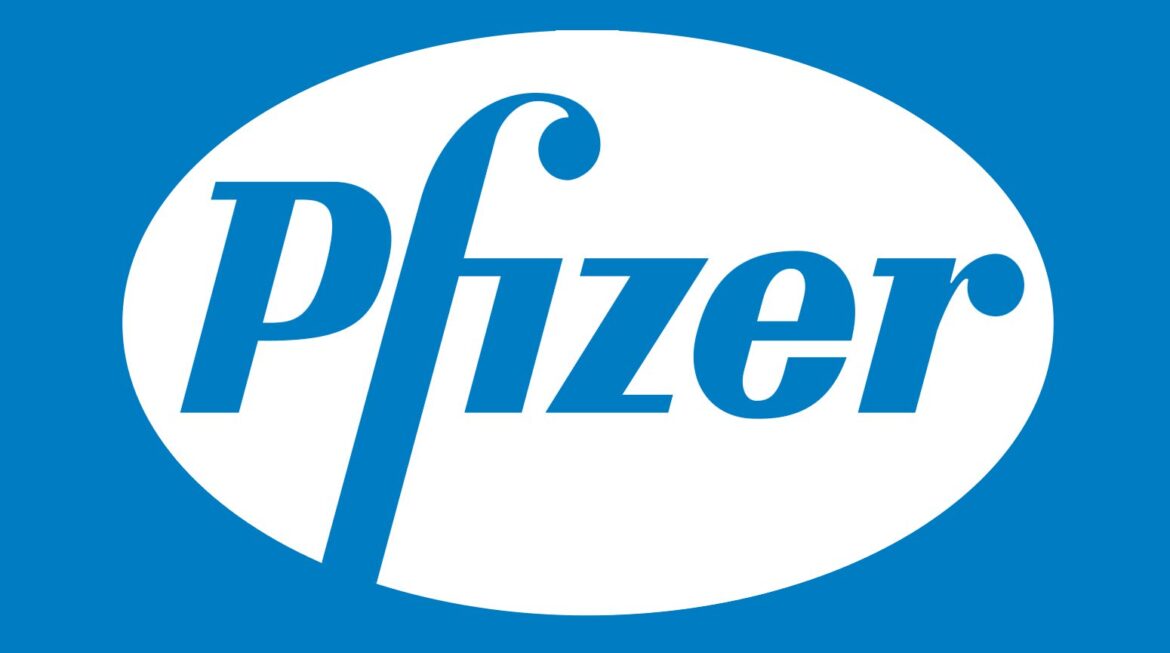By Asmau Ahmad
Pfizer said concerted efforts are needed to raise awareness on sickle cell disease within communities in order to reduce the disease prevalence in the country.
The Medical Director of Pfizer for Sub-Saharan Africa, Dr Kodjo Soroh said this during a lecture on sickle cell disorder in commemoration of ‘World Sickle Cell Day,’ held on Tuesday in Lagos.
Sickle cell disease is a genetic blood disorder characterised by abnormal red blood cells that take on a crescent or sickle shape.
These irregularly shaped cells can cause blockages in blood vessels, leading to a variety of health complications.
Soroh said that it was estimated that 150,000 babies are born with sickle cell disease yearly in Nigeria.
He called for collaborative efforts to prevent complications and give adequate interventions through consistent public awareness and education, early diagnosis, and prompt interventions.
“Sickle cell disorder, though categorised as a rare disease; however, is not rare in our society because Nigeria is the epicentre of sickle cell disease as four to six million people are living with this disorder.
“Most of us are passionate about sickle cell disorder and many of us have one or two personal stories to tell about the disease.
“Today, we are not where we used to be decades ago before the evolution of science when affected children were termed “ogbanjes” due to the high mortality rate of babies born with the disease,” he said.
The Pfizer MD noted that presently, science had evolved to reduce mortality and morbidity through mass media campaigns, counselling, early diagnosis, and breakthrough medicines.
Soroh acknowledged the contributions of Sickle Cell Foundation Nigeria, all relevant stakeholders, sickle cell warriors and caregivers, who have displayed solidarity against sickle cell disorder in Nigeria and Africa.
“In our commitment to change a billion lives per year, Pfizer has partnered with Sickle Cell Foundation Nigeria to celebrate ‘World Sickle Cell Disease Day’ and stand in solidarity with our warriors.
“I urge the government and all relevant stakeholders to support this course to improve the quality of lives of the patients and save more lives because indeed sickle cell disorder is not a death sentence,” he said.
Similarly, the Chairman, Sickle Cell Foundation of Nigeria, Mr. Tunde Afolabi, said the disease was one of the monogenic ones with high prevalence in low-and middle-income countries.
Afolabi said dedicating a specific day for sickle cell disease ensures comprehensive awareness that could bring out a change in individuals, populations, services, and health systems.
The World Sickle Cell Day is celebrated annually on June 19, to raise awareness about sickle cell disease and its impact on individuals, families and communities worldwide.
This year’s theme is “Building and Strengthening Global Sickle Cell Communities, Formalising New-born Screening and Knowing your Sickle Cell Disease Status.”
Data from the World Health Organisation shows that 300,000 babies with sickle cell disease are born globally each year and Nigeria accounts for half of the annual global birth.




